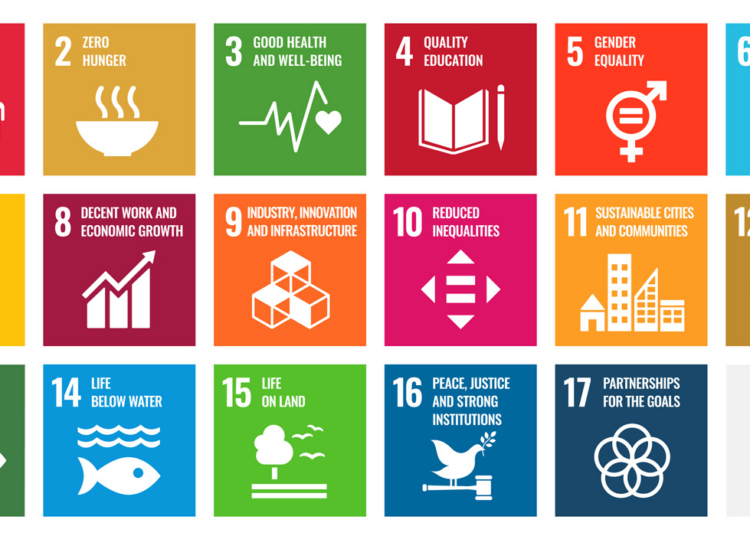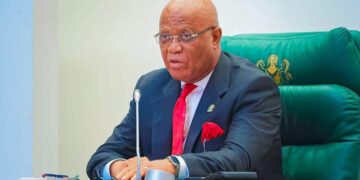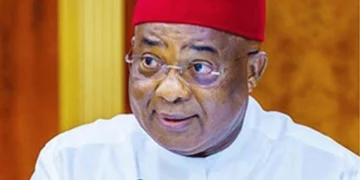Global development partners and Nigerian delegates attending the 80th session of the United Nations General Assembly (UNGA) have called for stronger partnerships and resource mobilisation to bridge massive funding gaps threatening the attainment of the Sustainable Development Goals (SDGs) by 2030.
Speaking at the UNGA Side Event on High-Level Executive Global Sustainable Investments and Grant Interventions 2025, executive vice-chairman/CEO of Merited Negotiation Consulting and chairman, organising committee roundtable 2025, Kunle Yusuff, said an estimated $5–7 trillion was required annually between 2023 and 2030 to finance SDG-related investments worldwide.
He noted that global climate financing alone would require more than $15 trillion, with annual needs put at $7.2 trillion.
He added that artificial intelligence (AI) investments projected between 2025 and 2030 would demand over $10 trillion.
Yusuff warned that state and local governments, civil society organisations and non-governmental organisations must not be passive if they intend to remain relevant in global development.
“We gather today at a critical juncture in human history, where global sustainability, equity, and prosperity demand bold action and collective commitment,” he said.
According to him, strategic investments in sustainable development are both a moral imperative and an economic necessity, with low-carbon transitions offering opportunities for growth, job creation and poverty reduction.
He stressed that public-private partnerships and innovative financing models are central to closing the gaps, urging governments, civil society and private actors to drive sustainable projects and social impact initiatives.
“The Global Agenda 2030 provides a roadmap for achieving the Sustainable Development Goals. To realise this vision, we must mobilise grant interventions and investments supporting sustainable development projects worldwide and foster public-private partnerships driving innovation and scaling social impact,” Yusuff said.
The event drew participants from senior Nigerian government officials, including Amb. Abubakar Jidda, Consular General of Nigeria in New York; Mr. Syndoph Endoni of Nigeria’s Permanent Mission to the UN; governors of Ondo, Benue, Kaduna, and Gombe States; as well as global stakeholders such as Charles Kamin of RMC Advisory Group, Canada; Hope Sullivan, President/CEO of the Leon H. Sullivan Foundation; and Judith Oghenekaro of Gender for Education Empowerment & Entrepreneurship, USA.
The stakeholders pledged to strengthen coalitions advocating for climate action, social justice, and economic empowerment, stressing that mobilising sustainable investments remains the surest path to meeting SDG 2030 targets.





